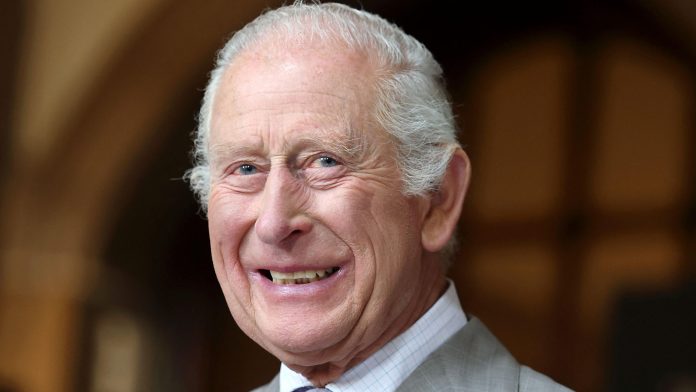King Charles III is due to open a session of Canada’s Parliament this week, becoming only the second monarch to take on this role in the country’s history. The last such occasion was in 1977, when Queen Elizabeth II took part as part of her Silver Jubilee tour.
On Tuesday, Charles will deliver the Speech from the Throne in Ottawa while seated on a walnut chair decorated with golden maple leaves. As Canada’s head of state, his participation is widely seen as a demonstration of Canada’s independence and constitutional identity.
A timely visit in light of recent tensions
The invitation came from Prime Minister Mark Carney, shortly after last month’s federal election. The visit follows remarks by former US President Donald Trump, who recently suggested making Canada the 51st American state. During a conversation with Carney, Trump said the idea of erasing the US–Canada border shouldn’t be ruled out.
Canadian officials have dismissed the idea. Ralph Goodale, Canada’s High Commissioner to the United Kingdom, said the King’s visit serves to reinforce Canada’s sovereignty.
“As head of state, the King supports that message,” Goodale explained. “Our anthem says we are the ‘true north strong and free’, and we intend to stay that way.”
The throne speech, drafted by the government, will set out Carney’s policy goals following his election victory. While the speech is typically delivered by the Governor General, Charles will take on the role himself. Analysts say this adds to the symbolism of the occasion and highlights Canada’s distinct system of governance.
Craig Prescott, author of Modern Monarchy, believes the King’s role emphasises Canada’s constitutional framework. “Canada already has a head of state — the King, not the US President,” he said.
The message hasn’t gone unnoticed in the United States. Pete Hoekstra, the US ambassador to Canada, acknowledged the timing. “We’re pleased the King is visiting,” he told CBC. “If there’s a message, there are easier ways to send one. Just call me.”
A delicate position for the monarch
Trump’s remarks have placed King Charles in a complex position. Although he remains politically neutral, he must represent multiple nations with differing approaches to foreign policy. Canada has responded assertively to Trump’s comments, while the United Kingdom has taken a more cautious route in hopes of maintaining favourable relations.
Earlier this year, British Prime Minister Keir Starmer offered Trump an unprecedented second state visit. The invitation, signed by the King, was formally presented during a meeting in the Oval Office. Trump responded warmly, calling Charles “a beautiful man, a wonderful man.”
In Canada, the gesture did not go down well. Prime Minister Carney said many Canadians found it inappropriate. “At that moment, we had been very clear about the importance of sovereignty,” he told Sky News.
When a journalist asked Starmer during the visit whether the King was concerned about Trump’s repeated claims, the Prime Minister said Canada hadn’t come up in the talks. Trump, however, interrupted, bringing the subject back into the spotlight.
Subtle signals from the Palace
Although the King cannot express political opinions, observers believe he has shown support for Canada through a series of symbolic gestures. In February, he issued a rare public message marking Canada’s flag day. He later wore Canadian military honours during a visit to a Royal Navy vessel, and at a meeting with Carney, he appeared in a red tie — widely seen as a visual nod to Canada’s national colours. He also planted a maple tree at Buckingham Palace, a strong symbol of Canadian identity. Around the same time, the Princess of Wales wore a red dress and hat at a Commonwealth Day event, which sparked speculation that it was another quiet gesture in Canada’s direction.
“There’s been an unusually high number of symbolic acts related to Canada recently,” said Goodale. “Possibly more than we’ve seen in any two-month period before.”
Charles last visited Canada in 2022 with Queen Camilla. This trip will be his first as monarch, though he continues to undergo treatment for cancer.
A divided response
While many Canadians have welcomed the visit, some groups remain critical. Pro-sovereignty parties in Quebec have condemned Carney’s decision to invite the King. Meanwhile, the advocacy group Citizens for a Canadian Republic said the event should reignite discussion about the country’s constitutional future.
The group questioned how a non-resident monarch could represent a sovereign nation. In a statement, it argued that the King’s presence highlights Canada’s continued ties to the British Crown and underlines the need for constitutional reform.
